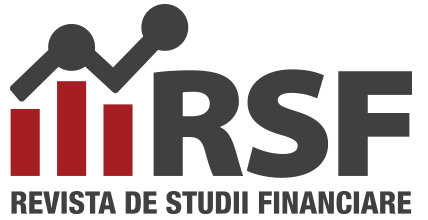Author: Sabina Andreea Cazan
Vol. 6 • No. 10 • May 2021
Abstract
Crisis is a very important aspect of our everyday life and no matter of the dimension we refer to this represents a period in the evolution of a society marked by great difficulties and anxiety. From an economic point of view this is a normal and necessary event, leading to marvellous growth and development. Even so, the authorities are often not prepared or do not know how to mitigate and manage its shortfalls. The main objective of this paper is to focus around the financial crisis development in the perspective of Classical, Neoclassical and Keynesian economics. Even hundreds years apart, all of the three schools have captured the determinants, implications and some measures to mitigate the imbalances which are still relevant today. The question remains though, so why the world did not resolve the puzzle of financial distress taking into consideration the age of these types of events, the number and the forms they hit our society in the last decades. This study will try to summarize the main ideas of ones of the greatest minds of the past in order to bring some light over the financial crisis phenomena.
Keywords: Financial crisis, classical economics, neoclassical economics, Keynesianism, crisis theory.
JEL Classification: A11, B12, E12, G01.
DOI: 10.55654/JFS.2021.6.10.03
